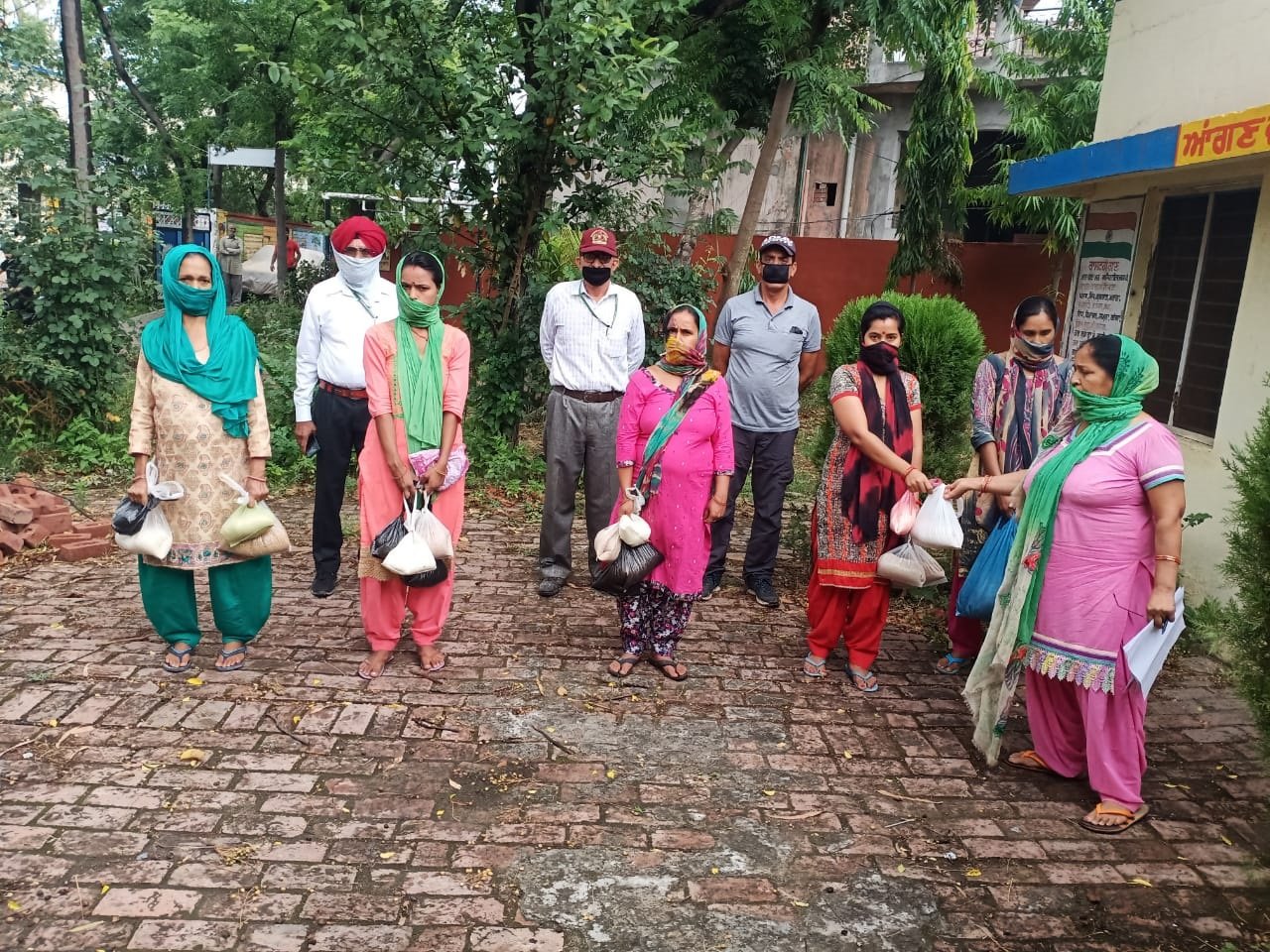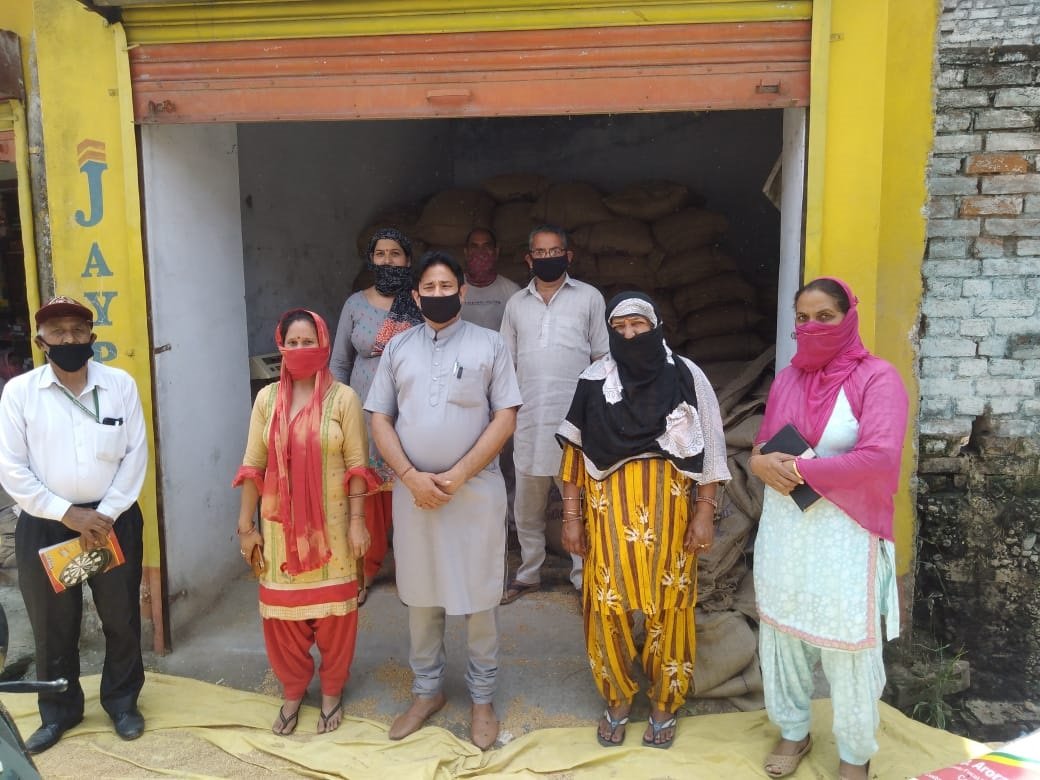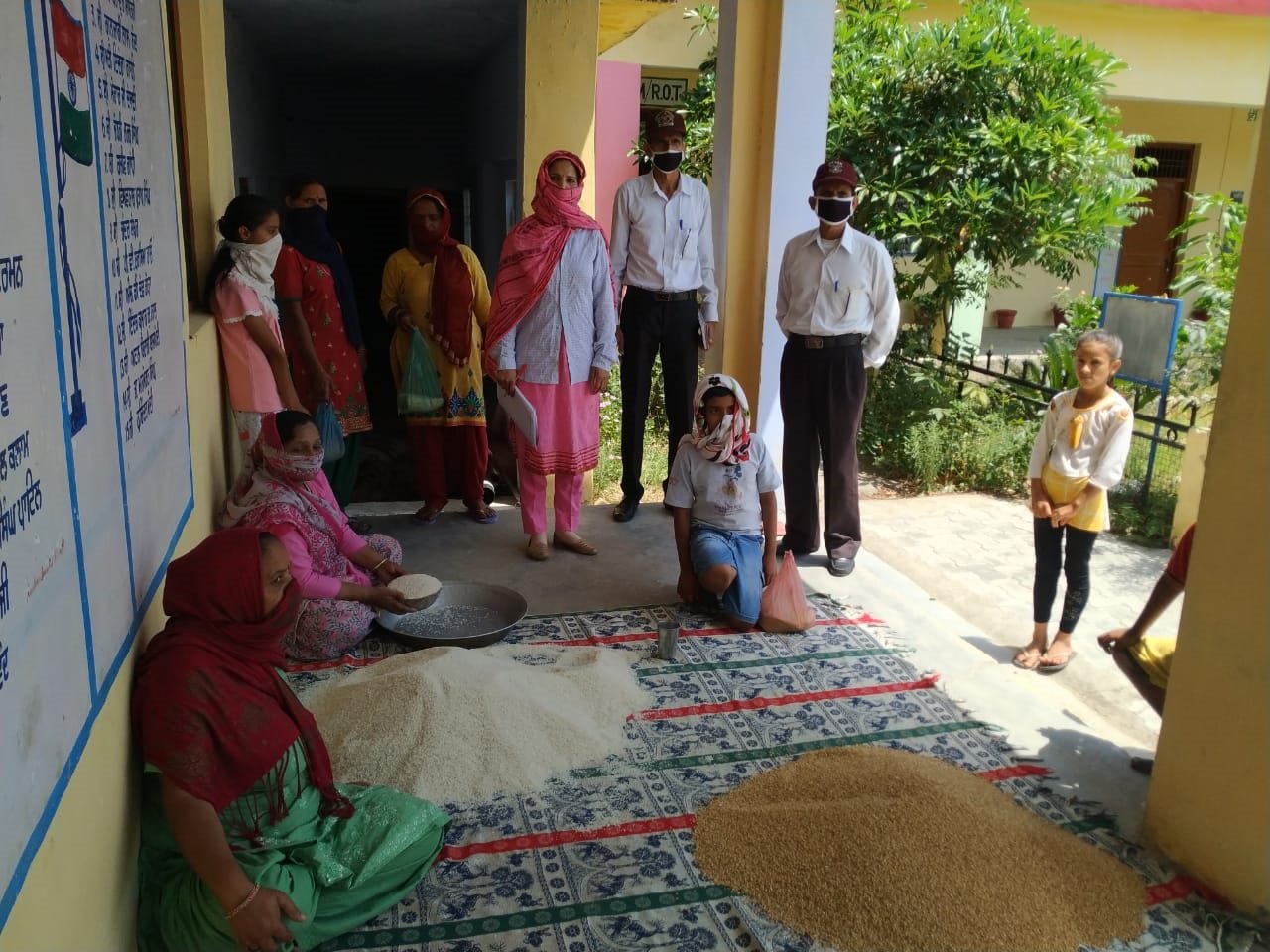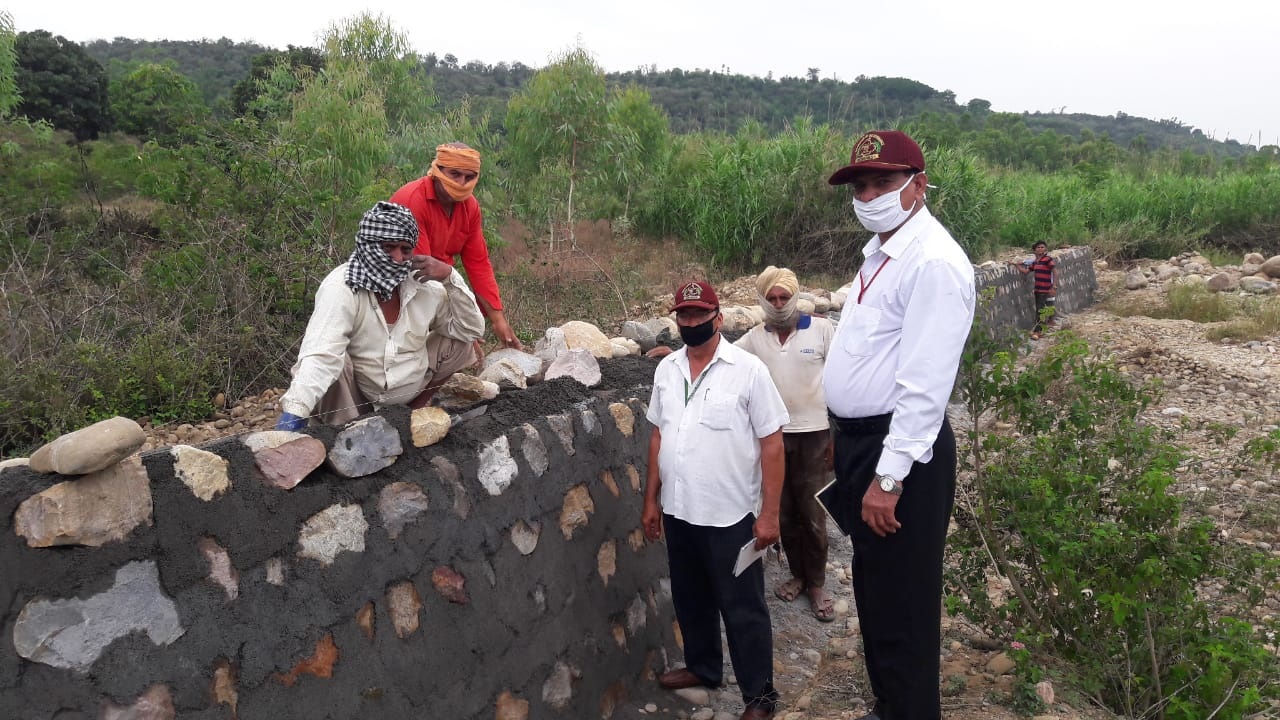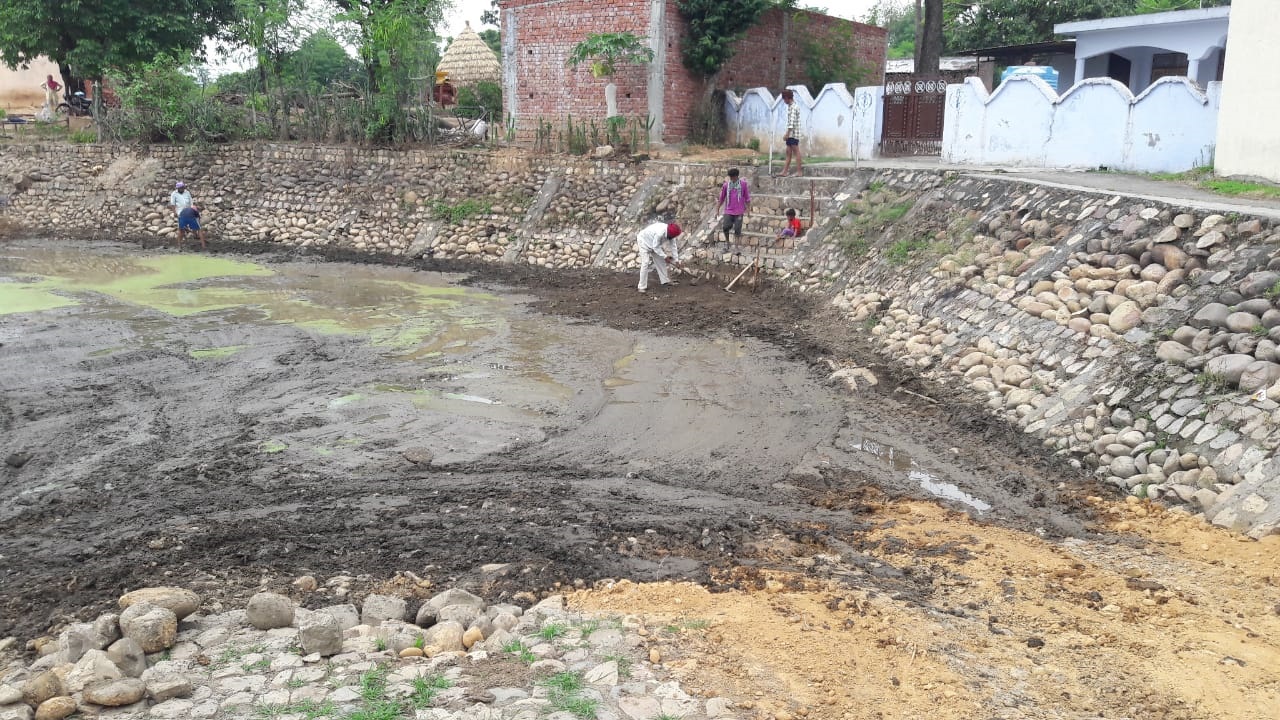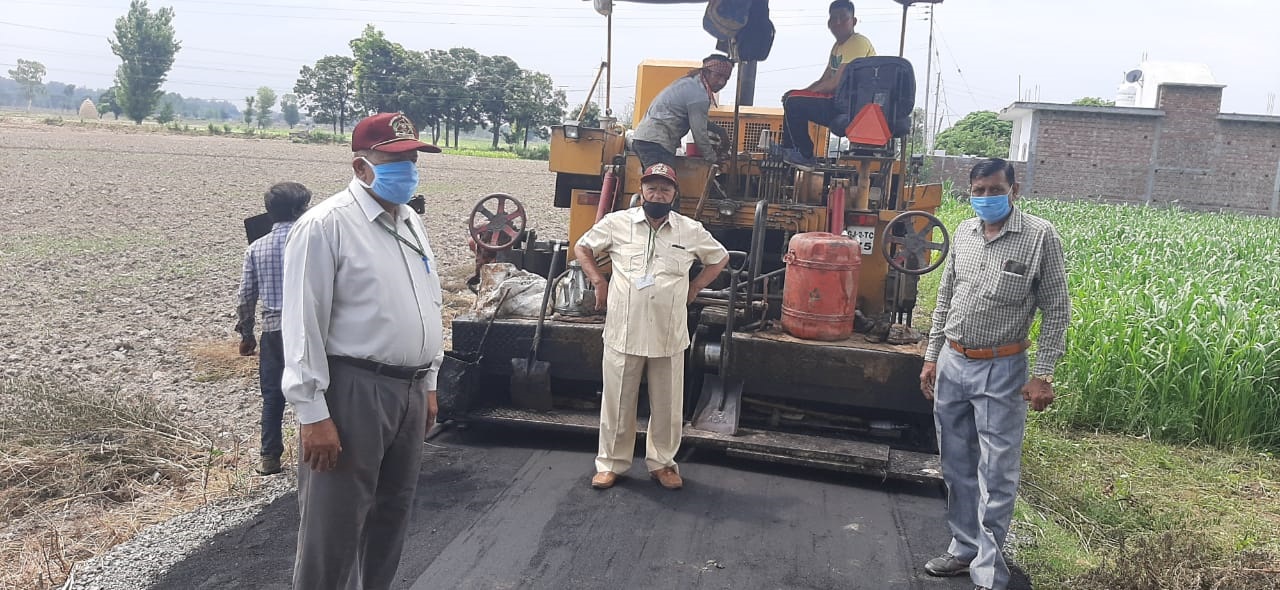New Delhi, June 4
Australia, on Thursday, expressed its strong support for India’s membership to the Nuclear Suppliers Group and also reiterated its backing for New Delhi’s candidacy for a permanent seat in a reformed UN Security Council.
Australia’s support was stated in the joint statement released after an online summit between Prime Minister Narendra Modi and his Australian counterpart Scott Morrison.
“Both sides reiterated their support for continued bilateral civil nuclear cooperation and their commitment to further strengthen global non-proliferation. Australia expressed its strong support for India’s membership of the Nuclear Suppliers Group (NSG),” the statement said.
The NSG is a 48-nation grouping which regulates global nuclear commerce.
Also read: India, Australia sign joint declaration to enhance bilateral partnership
The admission of new members is done through consensus. India had formally applied for membership in May 2016. Even though India has the backing of the majority of the group’s members, China has been blocking its entry into the bloc.
Australia also reiterated its support for India’s candidacy for permanent membership of a reformed UN Security Council (UNSC) and India’s candidature for a non-permanent seat at the UNSC for the 2021-22 term, it said.
During the talks, Australia also welcomed the International Energy Agency (IEA)’s strategic partnership with India.
Australia looks forward to continuing to work closely on building stronger ties between India and the IEA community, the statement said.
The two countries also vowed to strengthen cooperation in the fields of energy and environment.
They decided to progress their Energy Dialogue, which will further cooperation in areas such as pumped hydro storage, cost-effective battery technologies, hydrogen and coal gasification, adoption of clean energy technology, fly ash management technologies, and solar forecasting and scheduling.
“Both countries committed to continue to collaborate on climate change, energy security and other issues of importance to the region and wider world, especially through the International Solar Alliance (ISA) and Coalition for Disaster Resilient Infrastructure (CDRI),” the statement said, adding that Australia is proud to be a founding member of both organisations.
Noting that education, research and skills are a central component of the relationship, both countries said they underpin their progress and growth trajectories, and that the exchange of students and academics between them generates valuable people-to-people links.
“We agree to continue efforts to expand our partnership in these areas, including to deepen research collaboration. We will work together to support the development of education campuses in each other’s countries,” the joint statement said.
“As India continues its ambitious skills reform agenda, we have concluded a new Memorandum of Understanding on Cooperation in Vocational Education and Training to forge new bonds of cooperation in policy development, programme delivery and information exchange,” it said.
On collaboration in the tourism sector, the statement said both sides decided to renew the 2015 MoU in order to identify opportunities to strengthen, deepen and broaden cooperation in the travel, tourism and aviation sector.
The two countries noted the importance of inter-parliamentary interaction as a valuable component of their bilateral relations, the statement said.
The Indian diaspora in Australia was now the fastest-growing large diaspora, it said.
In recognition of the growing contribution of Indian-Australians to the bilateral relationship, the two sides said they would continue to work to deepen diaspora and community-level contact.
Both countries agreed to hold a senior-level dialogue to discuss India’s proposed draft Migration and Mobility Partnership Arrangement, which outlines ways to cooperate on the prevention of illegal migration, people smuggling and trafficking in human beings, and was also designed to facilitate mobility of students, academics and researchers and migration for professional and economic reasons, the statement said.
To provide oversight of the Comprehensive Strategic Partnership and to deepen economic and strategic cooperation into the future, India and Australia affirmed their desire to increase the frequency of Prime Ministerial contact through reciprocal bilateral visits and annual meetings in the margins of international events.
“To pursue CSP, our Foreign and Defence Ministers will meet in a ‘2+2’ format to discuss strategic issues at least every two years,” the statement said.
Both countries also jointly decided to continue their regular interactions under the Foreign Ministers Framework Dialogue (FMFD).
They also decided to continue regular meetings of the annual Australia-India Joint Ministerial Commission to enhance trade and investment relations between the two countries.
India and Australia also decided to use the existing ‘Consular Dialogue’ Mechanism to address the entire gamut of consular matters.
Both sides jointly decided to enhance their partnership in the domain of education through the Australia-India Education Council.
The Virtual Summit is yet another milestone in furthering the longstanding, deep and cooperative ties between India and Australia, the statement said. PTI






























































